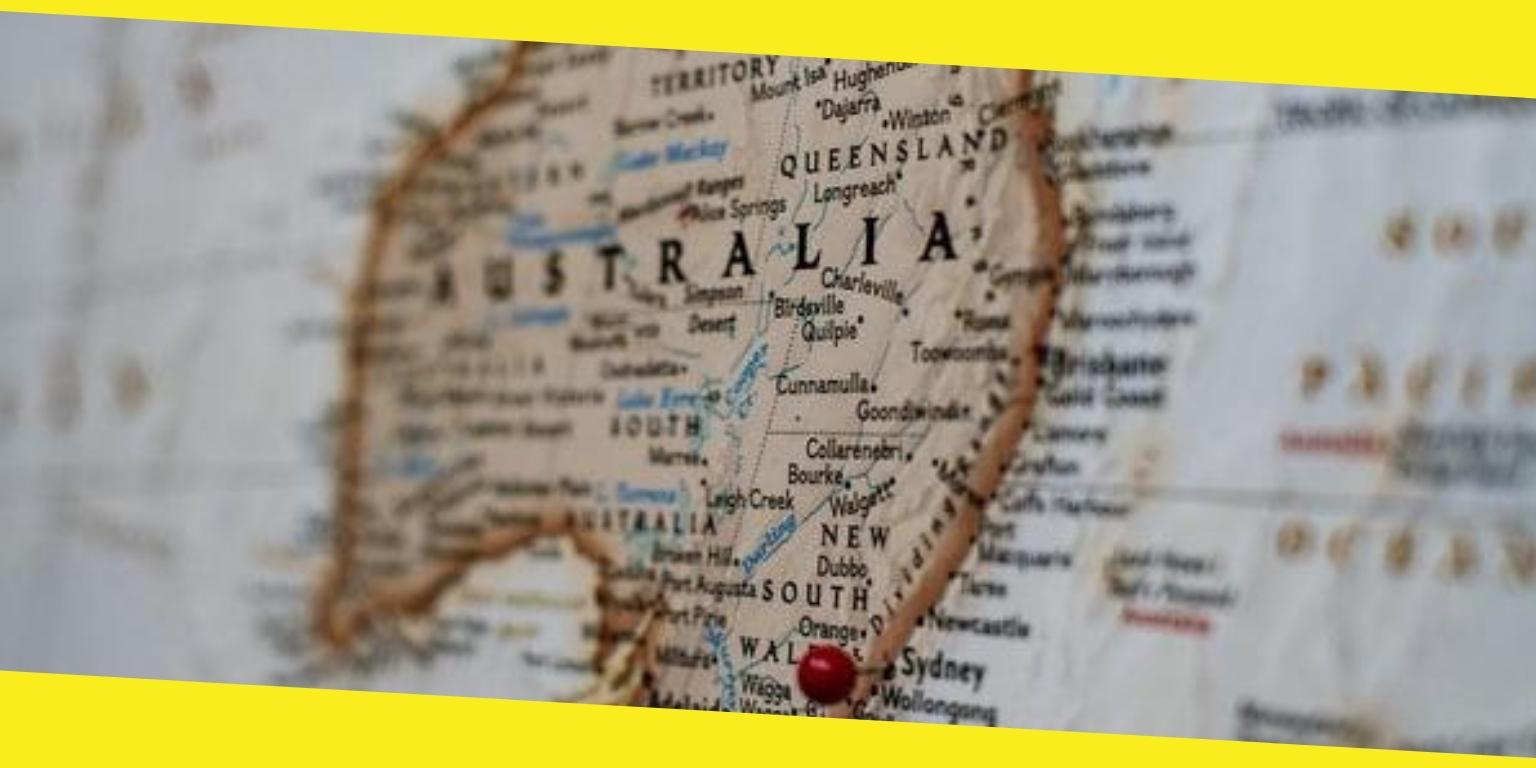The Different Types of Travel Insurance for Families and Single Travelers in Australia
There are different types of travel insurance for families and single travelers in Australia. The type of policy you need depends on your travel plans and budget. If you are planning a family vacation, you will need to purchase a policy that covers all members of your family. If you are a single traveler, you can purchase a policy that covers only yourself. Keep reading to learn more about the different types of travel insurance for families and single travelers in Australia.
What is travel insurance?
There are different types of travel insurance policies available in Australia, and each policy offers different levels of coverage. Families and single travelers have different needs, so it’s important to understand the different types of travel insurance policies before purchasing one. The first type of travel insurance is for those traveling within their home country. This type of policy usually provides basic coverage for medical expenses, trip cancellation or interruption, and lost baggage. It’s a good option for those who don’t need extensive coverage.
The next type of policy is for international travel. This policy typically provides more comprehensive coverage than domestic policies, including medical expenses, trip cancellation or interruption, lost baggage, and emergency evacuation. It’s a good choice for those traveling to foreign countries. The third type of policy is specific to families traveling with children. This policy offers additional protection against the cost of canceling or interrupting a trip due to an illness or death in the family. It also includes cover for loss or damage to equipment such as strollers and car seats. The fourth type of policy is designed for single travelers aged 55+. This policy covers medical expenses, trip cancellation or interruption, lost baggage, and emergency evacuation if needed. It’s important to note that this policy does not include cover for children traveling with the insured person.
What are some tips for finding travel insurance in Australia?

When looking for travel insurance in Australia, it’s important to compare your options and find the right policy for your needs. Here are some tips to help you find the best travel insurance in Australia. First, when looking for travel insurance, it’s important to compare policies and prices. Don’t just go with the first policy you find – take the time to research different policies and find the one that’s best for you.
Second, when comparing policies, make sure you read the small print. This is where you’ll find out the details of the policy, including what’s covered and what’s not. This will help you avoid any surprises if you need to make a claim. When choosing a policy, it’s important to check the company’s financial stability. Make sure the company is licensed and has a good reputation. When choosing a policy, it’s a good idea to read the reviews. This will give you an idea of what other people think of the company and the policy. If you have any questions about the policy, contact the company. They should be able to answer any of your questions and help you to choose the right policy.
What are the benefits of travel insurance?
Travel insurance can provide peace of mind while traveling, knowing that you and your family are covered in case of an emergency. It can also save you money if something goes wrong while abroad. Some of the benefits of travel insurance include coverage for unexpected events, protection against financial losses, and a 24-hour emergency assistance line. The 24-hour emergency assistance line is available to help you with any problems or emergencies that may come up during your trip. So, before you pack your bags, be sure to purchase travel insurance to protect yourself against the unexpected.
Recommended For You
10 Facts About Manchester You Must Know
Most Inside
Most Inside offers high-quality recommendations and valuable updates to enhance all aspects of your life, providing premium guidance and enriching experiences.





